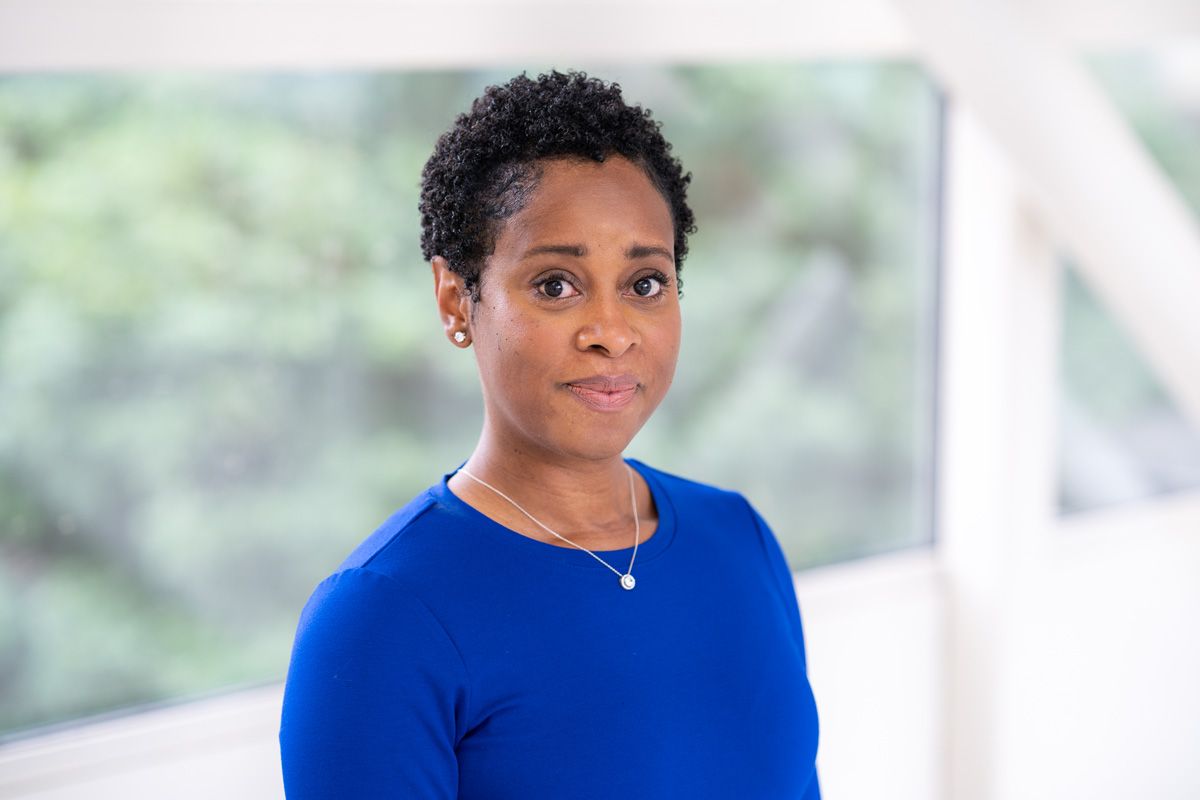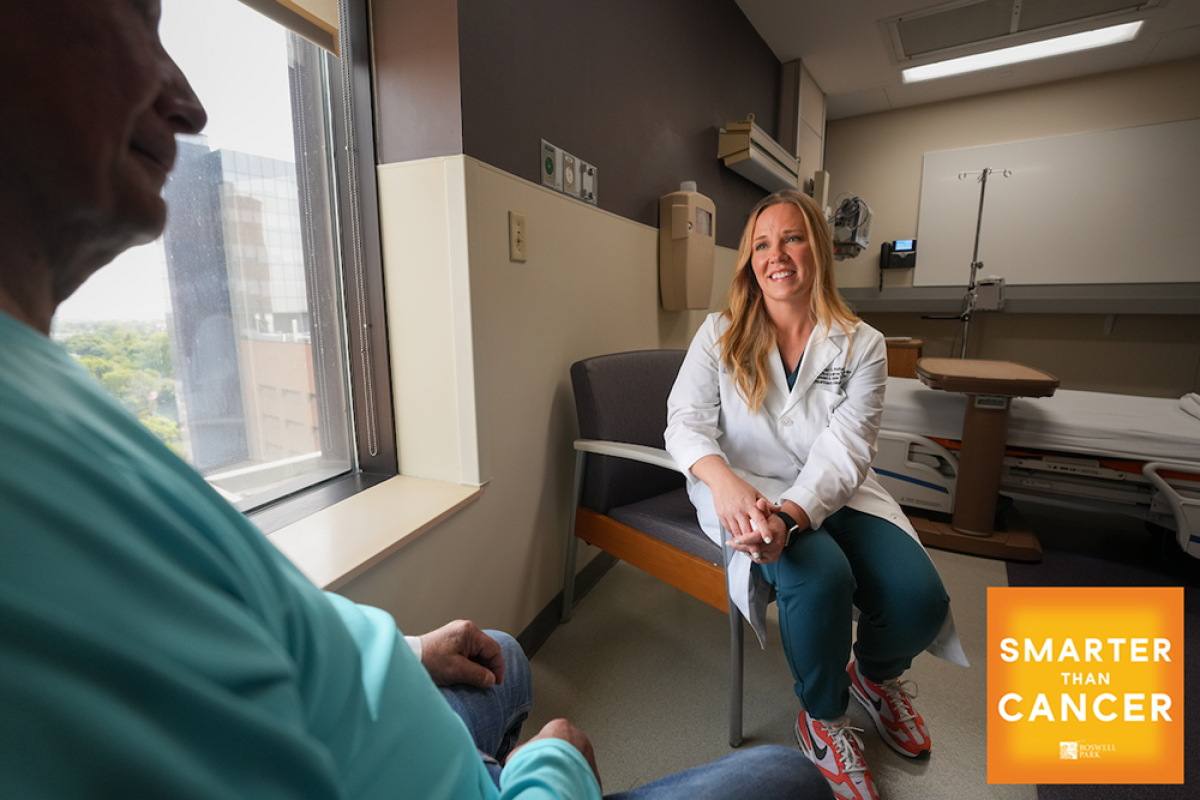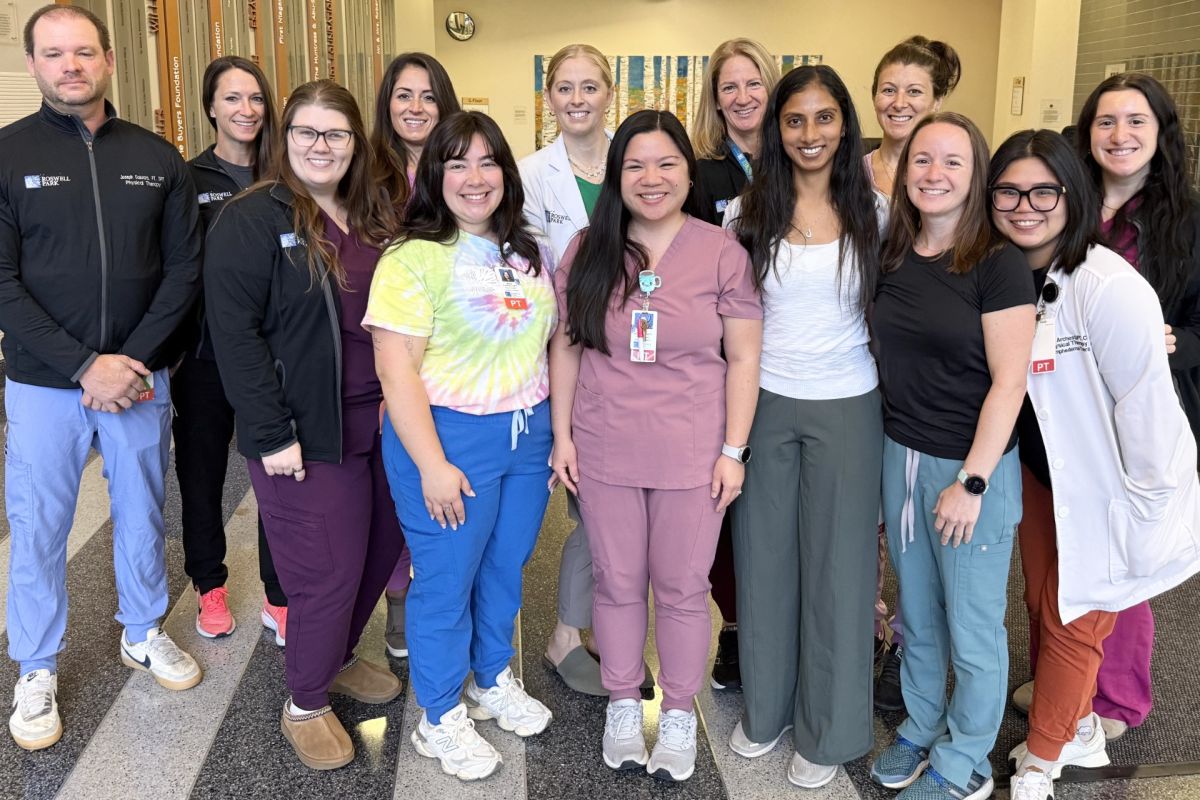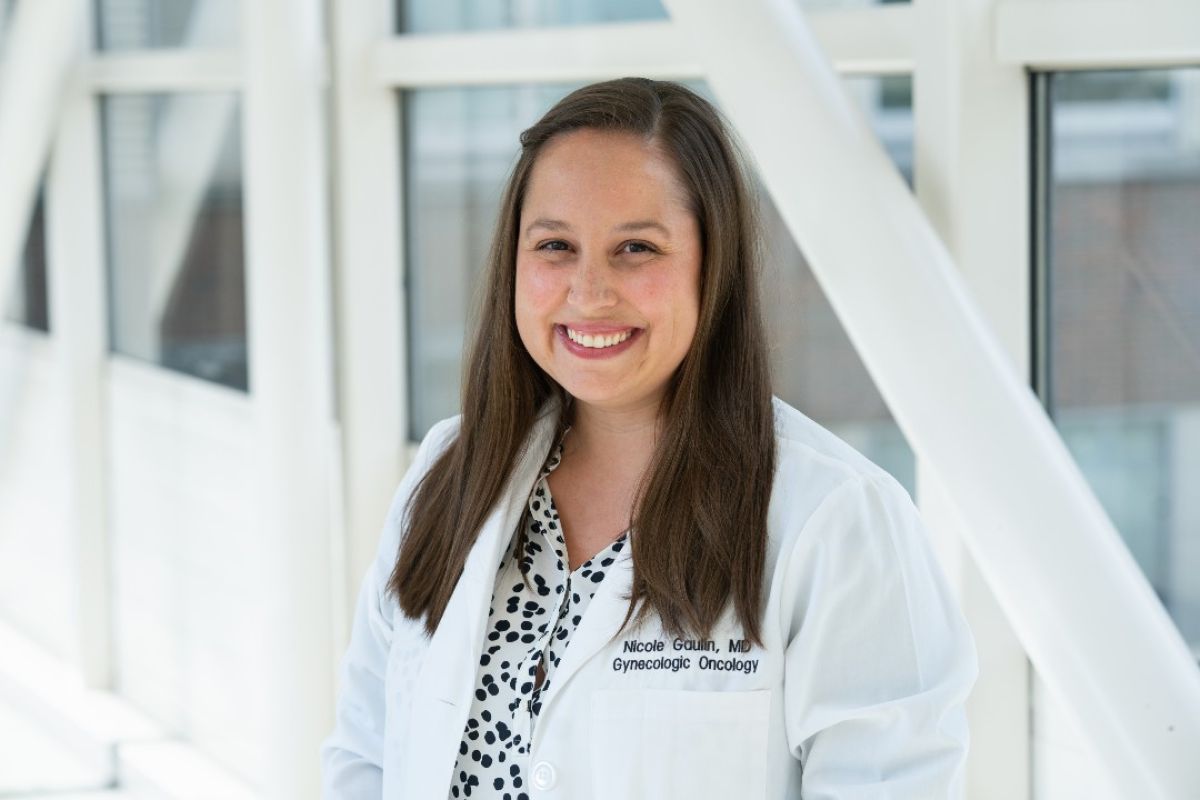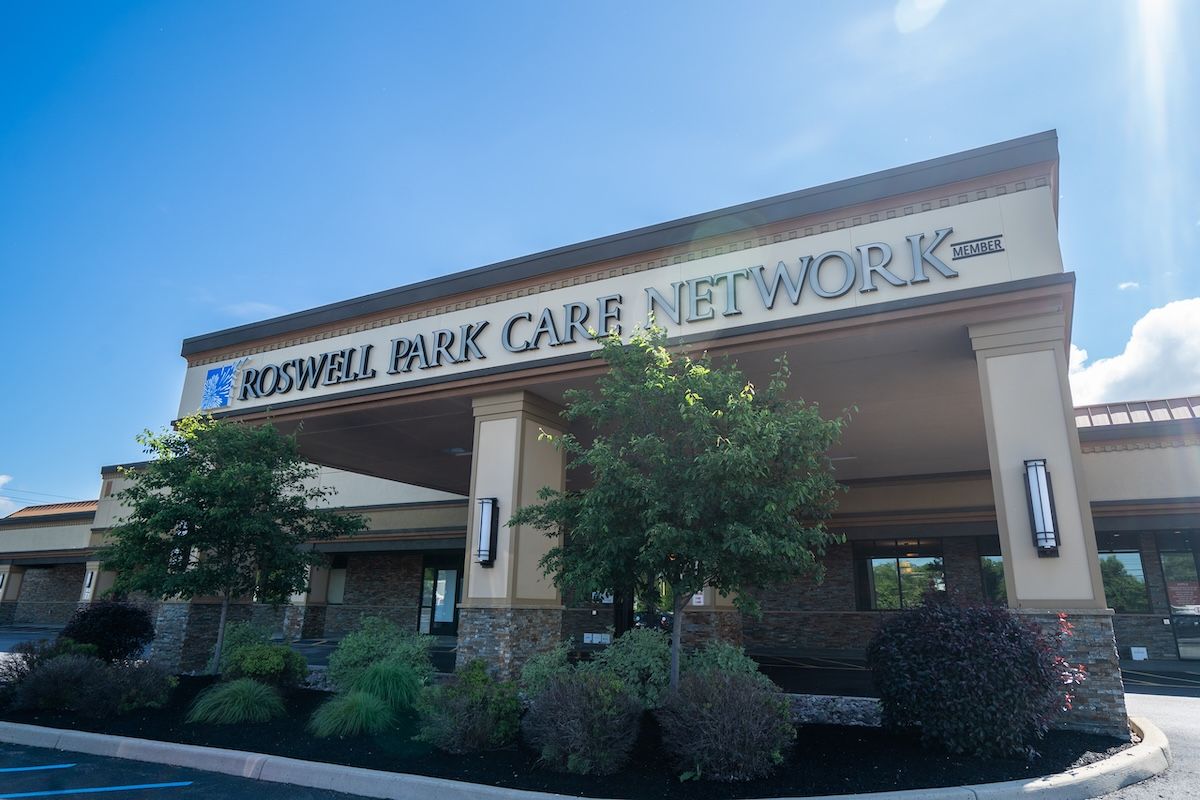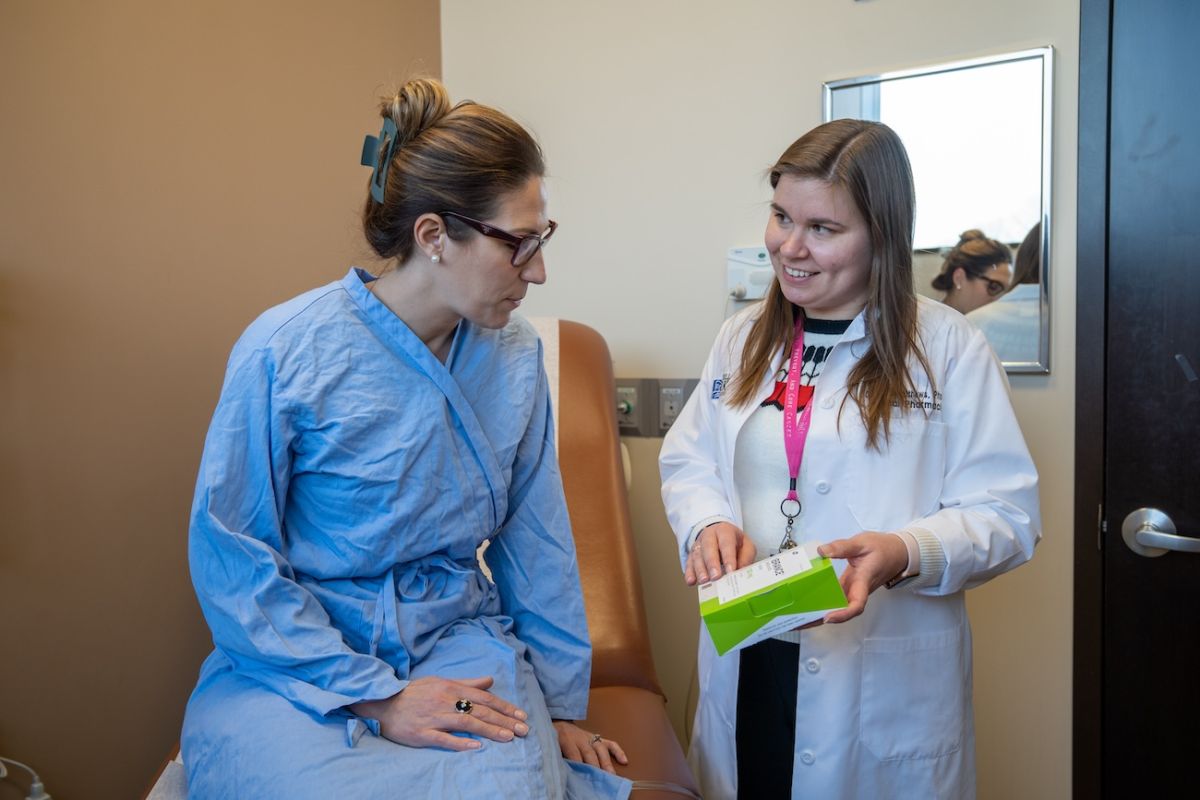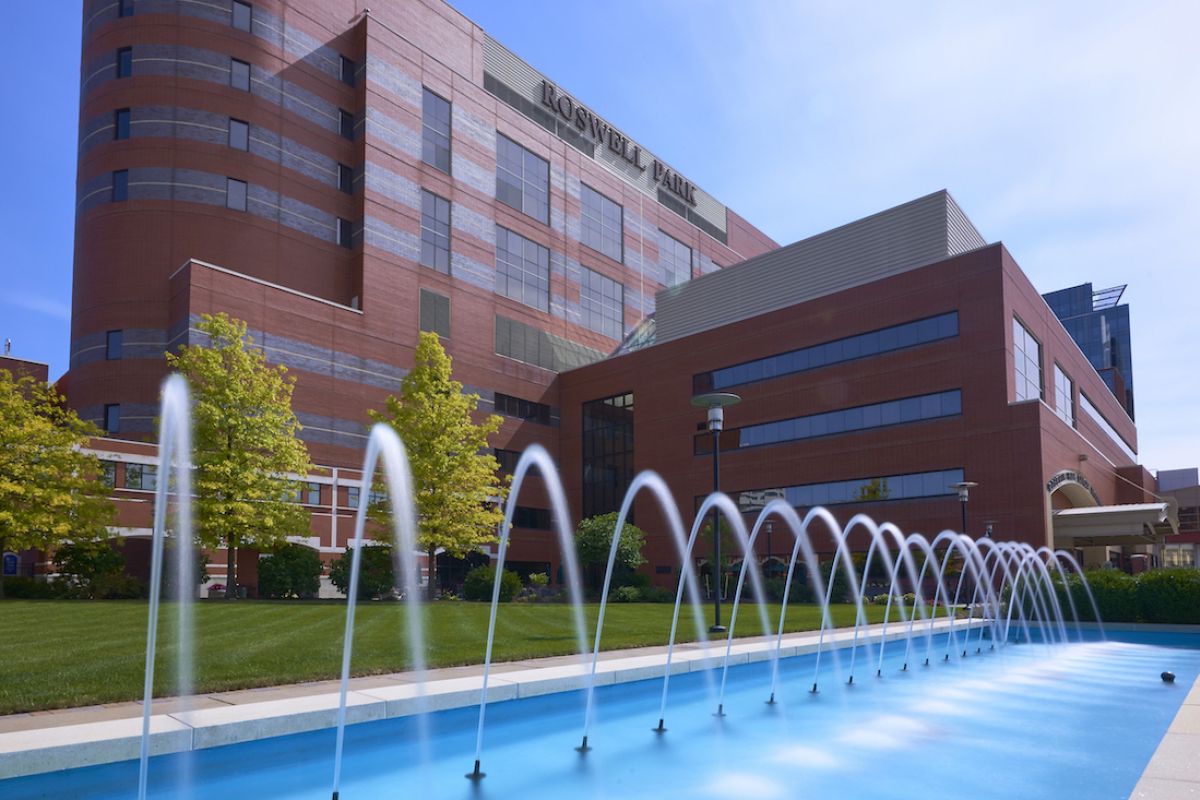Article
Meet the Team: Nikia Clark Robinson
Article
Smarter Than Cancer Podcast: What’s so scary about bone marrow transplants?
Article
Improving access to care, one mobile screening center at a time
Article
Meet the Team: Physical Therapy
Article
5 questions to ask your ovarian cancer surgeon
Article
What to expect from your Roswell Park Care Network team
Article
Meet the Team: Occupational Therapy
Article
Your oncology pharmacist
Article
